Gladys Osien and Ron Doering from Gowling WLG write in the latest Food in Canada that the listeriosis outbreak linked to cold cuts from a Maple Leaf Foods plant in Toronto in 2008 resulted in 57 confirmed cases and 22 deaths. It was the deadliest foodborne disease outbreak in Canadian history. The recall reportedly cost the company $20 million.
A class action lawsuit from affected consumers and their families was settled quickly by Maple Leaf and its insurance company. But that was not the end of the matter. To carry out extensive sanitation, the plant was closed for several weeks with the result that retail customers and distributors did not obtain their usual supply. 424 Mr. Sub franchise operators sued Maple Leaf for lost sales and damage to reputation. In November 2020, the Supreme Court of Canada in a 5-4 majority decision dismissed the case against Maple Leaf with important implications for Canadian food companies.
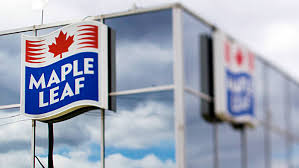 The question before the Court boiled down to whether Maple Leaf owed the requisite duty of care to the franchisees, a necessary step in establishing whether the franchisees have the right to recover damages in the tort of negligence. The Court held that Maple Leaf did not owe such a duty, especially for the protection of purely economic interest.
The question before the Court boiled down to whether Maple Leaf owed the requisite duty of care to the franchisees, a necessary step in establishing whether the franchisees have the right to recover damages in the tort of negligence. The Court held that Maple Leaf did not owe such a duty, especially for the protection of purely economic interest.
A duty of care must establish above all else what the law calls proximity. The Court held that the Mr. Sub franchisees failed to establish the requisite qualities of closeness and directness between the parties. (You can see there is a lot of discretion here.) The Court instead determined that the proximity, established by the responsibility and undertaking to supply meat fit for human consumption, and the rights to receive a supply of safe goods was between Maple Leaf and consumers, not the franchisees. The court reinforced the need for proximity to establish duty of care.
A key factor in the Court’s ruling was the fact that the franchisees could have protected themselves in contract law. There were multipartite arrangements but these did not specifically address the liability for economic loss in the event of a failure to supply product. The Court was reluctant to impose a duty of care in circumstances where the parties could have protected themselves through contracts.
The decision in 8871682 Ontario Inc v. Maple Leaf Foods Inc 2020 SCC 35 has some important lessons for Canadian food companies.
Review supplier warranty agreements: The older of the authors remembers being quite surprised 20 years ago to learn that many large Canadian food companies didn’t even have such agreements. They had longstanding handshake or simple purchase arrangements but did not have legally-drafted contracts to clarify rights and responsibilities in the case of a recall, for example.
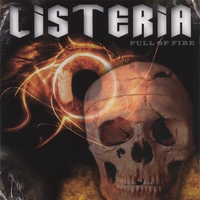 One company did not even realize that its main product had 22 ingredients and any one of them could cause a huge recall with serious economic cost. And suppliers too have to be careful; a manufacturer may insist that a supplier undertake to compensate for any and all losses from a voluntary recall, a liability that might far exceed the value of the sale.
One company did not even realize that its main product had 22 ingredients and any one of them could cause a huge recall with serious economic cost. And suppliers too have to be careful; a manufacturer may insist that a supplier undertake to compensate for any and all losses from a voluntary recall, a liability that might far exceed the value of the sale.
Review insurance coverage: Over the years several of our clients have been surprised by wording in their policies. In one case, a claim for losses from a large recall was denied because the client had failed to fully meet Good Manufacturing Practices (GMPs) as the policy required even though another negligent party was the principal cause of the product contamination.
Review sourcing practices: Many supplier warranty agreements rely on audits to ensure compliance with the agreement. However, audits are notoriously unreliable, particularly if the product or ingredient is sourced outside Canada. A supplier may be meeting all GMPs on the Tuesday when the auditor is there but not on the Wednesday after he’s gone. After learning this the hard way, some companies source from domestic suppliers even if it would be cheaper to get the ingredient from abroad.
Food companies should not expect to recover certain economic losses from manufacturer recalls, unless they are protected by contract: A negligence action against a manufacturer for economic losses that are unconnected to a physical or mental injury, or to physical damage to property (ie. purely economic) are rarely rewarded in court. Courts do not accept that manufacturers owe a broad duty of care to distributors.
Every Canadian food company should review this case with its lawyer.
Ron Doering BA, LLB, MA, LLD is counsel and Gladys Osien BSc, MSc, JD is an associate in the Ottawa offices of Gowling WLG.




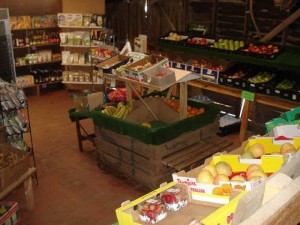
 had to escape the Food Safety Summit in D.C. to catch up. He told me one of the industry types said everyone uses this stuff, which has helped propel the popularity of sushi eating.
had to escape the Food Safety Summit in D.C. to catch up. He told me one of the industry types said everyone uses this stuff, which has helped propel the popularity of sushi eating..jpg) have been reported, but the suspect seeds were distributed from last May through December.
have been reported, but the suspect seeds were distributed from last May through December. seemed to trap tourists like bees on sap.
seemed to trap tourists like bees on sap.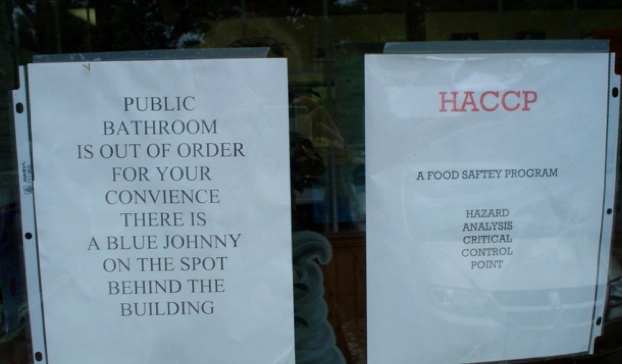 symptoms of diarrhea improve, a type of kidney failure called hemolytic uremic syndrome (HUS) can occur; this can happen at any age but is most common in children under 5 years old and in older adults. People with HUS should be hospitalized immediately, as their kidneys may stop working and they may be at risk for other serious health problems.
symptoms of diarrhea improve, a type of kidney failure called hemolytic uremic syndrome (HUS) can occur; this can happen at any age but is most common in children under 5 years old and in older adults. People with HUS should be hospitalized immediately, as their kidneys may stop working and they may be at risk for other serious health problems.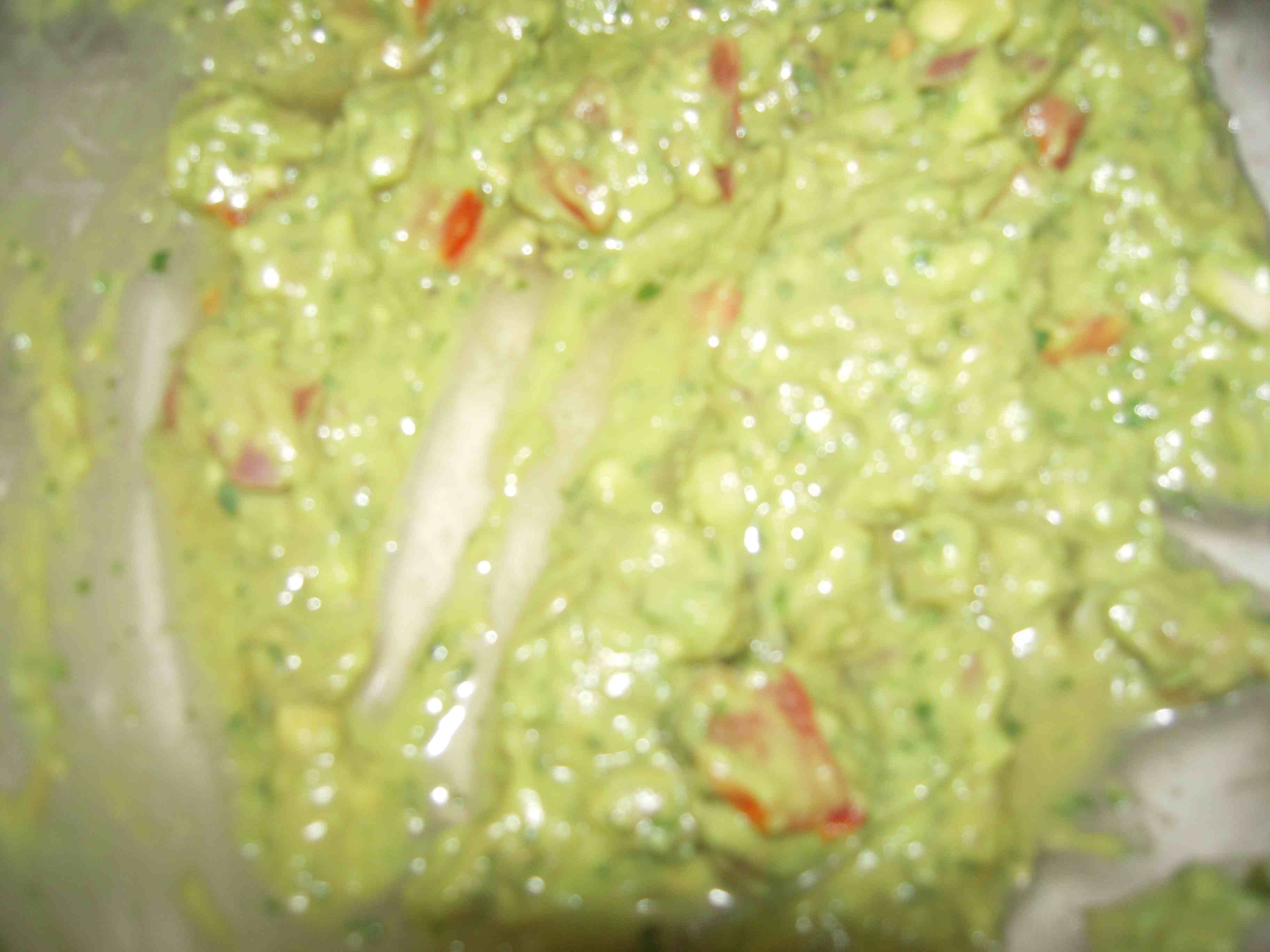 I’ve never eaten the stuff again (although people in the current household like it, as seen in this nearly empty bowl of guacamole photographed in the most attractive manner I could, last night).
I’ve never eaten the stuff again (although people in the current household like it, as seen in this nearly empty bowl of guacamole photographed in the most attractive manner I could, last night). were in, and each one seemed to have a decent-sized garden. He said those gardens supply a lot of the produce to the high-end restaurants in the city. And they all use night soil.
were in, and each one seemed to have a decent-sized garden. He said those gardens supply a lot of the produce to the high-end restaurants in the city. And they all use night soil.